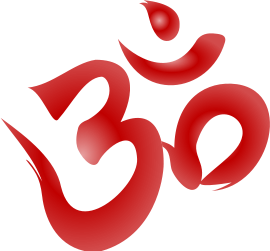Orientalism
The notion and reports on "Hinduism" as a "single world religious tradition"[was popularised by 19th-century proselytizing missionaries and European Indologists, roles sometimes served by the same person, who relied on texts preserved by Brahmins (priests) for their information of Indian religions, and animist observations which the missionary Orientalists presumed was Hinduism. These reports influenced perceptions about Hinduism. Some scholars state that the colonial polemical reports led to fabricated stereotypes where Hinduism was mere mystic paganism devoted to the service of devils,[while other scholars state that the colonial constructions influenced the belief that the Vedas, Bhagavad Gita, Manusmritiand such texts were the essence of Hindu religiosity, and in the modern association of 'Hindu doctrine' with the schools of Vedanta (in particular Advaita Vedanta) as paradigmatic example of Hinduism's mystical nature".Pennington, while concurring that the study of Hinduism as a world religion began in the colonial era, disagrees that Hinduism is a colonial European era invention.He states that the shared theology, common ritual grammar and way of life of those who identify themselves as Hindus is traceable to ancient times.
____________________________________________________________________________


 Karma and Samsara
Karma and Samsara


